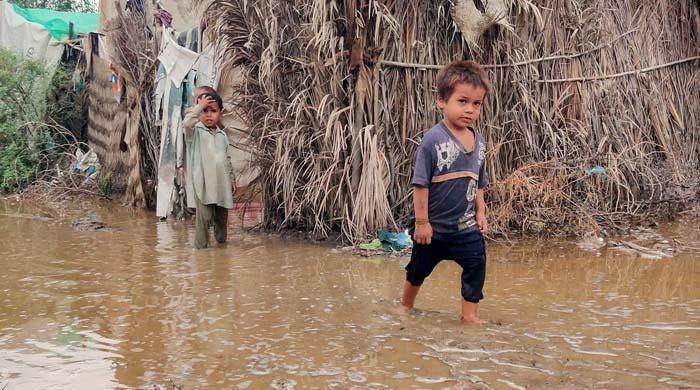Summary:
- Torrential rains from July 1 to August 17, 2024, have caused 195 deaths and 362 injuries in Pakistan.
- The monsoon season has severely impacted infrastructure, with thousands of homes damaged and roads and bridges affected.
- More heavy rains are anticipated, prompting warnings and precautionary measures from the NDMA.
In a devastating report released on Sunday, the National Disaster Management Authority (NDMA) revealed that Pakistan’s monsoon rains, which began on July 1, 2024, have resulted in significant loss of life and property. The torrential downpours have claimed the lives of 195 individuals and injured 362 others across the country. The NDMA detailed the ongoing impact of the rainstorms, which have caused widespread destruction to homes, infrastructure, and agricultural land.
The latest figures indicate that seven additional fatalities occurred within a 24-hour period ending August 17, with six deaths reported in Punjab and one in Balochistan. The rain-related incidents have led to severe injuries, with Punjab being the hardest-hit province. In addition to the casualties, at least 30 people were injured recently, bringing the total number of injuries to 362.
The report also highlighted the extensive damage to private properties and infrastructure. Over the past month and a half, flash floods have destroyed 22 houses in a single day, increasing the total number of damaged homes to 2,293—1,559 partially and 734 fully. The rains have also affected more than 44 kilometers of roads and 30 bridges across the nation.
Looking ahead, the NDMA’s National Emergencies Operation Centre (NEOC) has forecasted more heavy rains from the evening of August 18 through August 19, potentially leading to urban flooding in several cities, including Islamabad, Rawalpindi, Lahore, and Peshawar. In response, the authority has advised all relevant departments to implement precautionary measures to mitigate the impact of future flooding and extreme weather.
Climate change experts emphasize that while weather-related disasters are typical during the monsoon season from June to September, the increasing frequency and intensity of these events are linked to global climate change. Despite contributing less than 1% to global greenhouse gas emissions, Pakistan remains highly vulnerable to climate impacts. The catastrophic floods of 2022, which submerged a third of the country, exemplify the severe risks associated with changing climate patterns, resulting in over 1,700 deaths and displacing 33 million people.





